
Urgent Plea





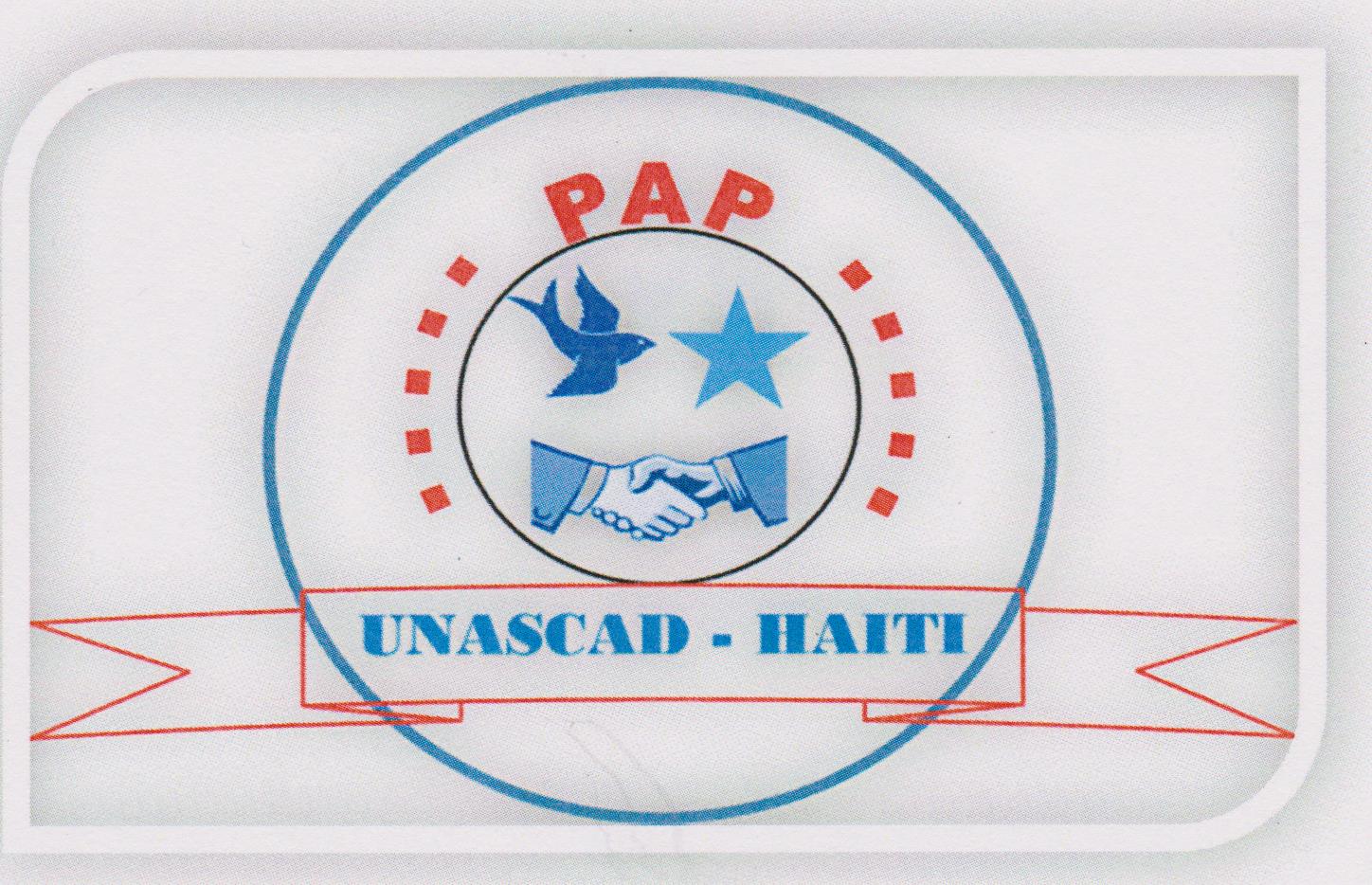



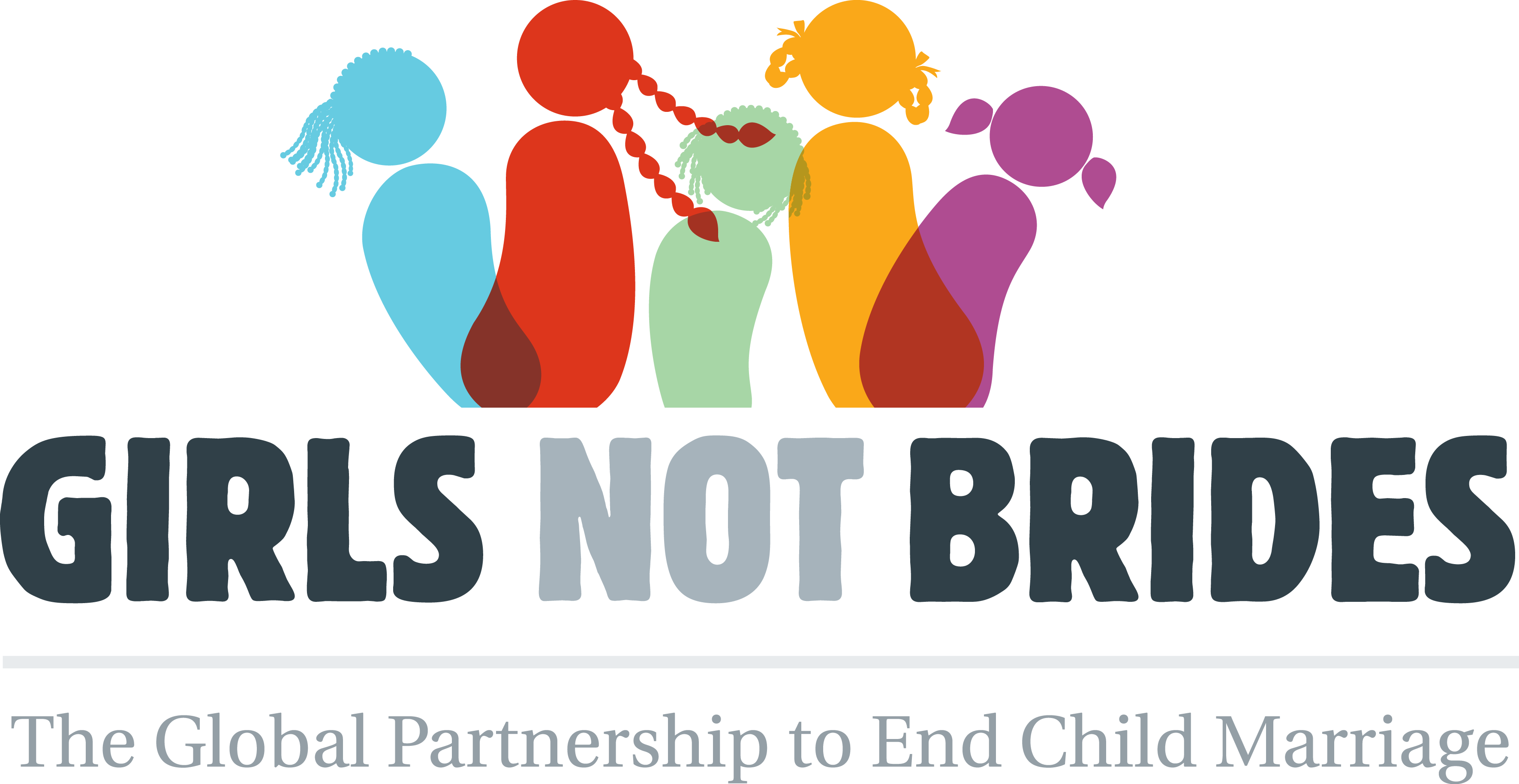
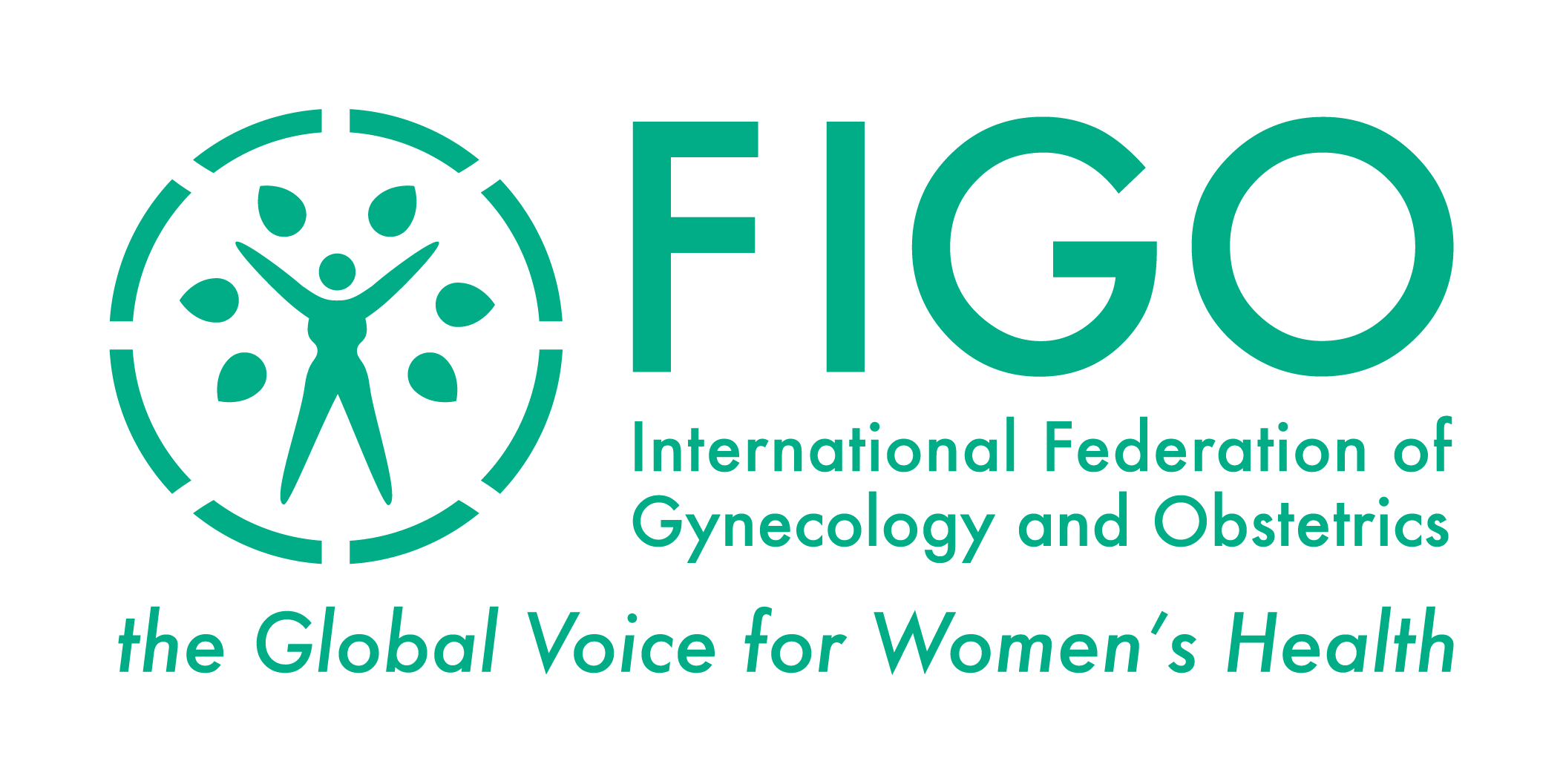
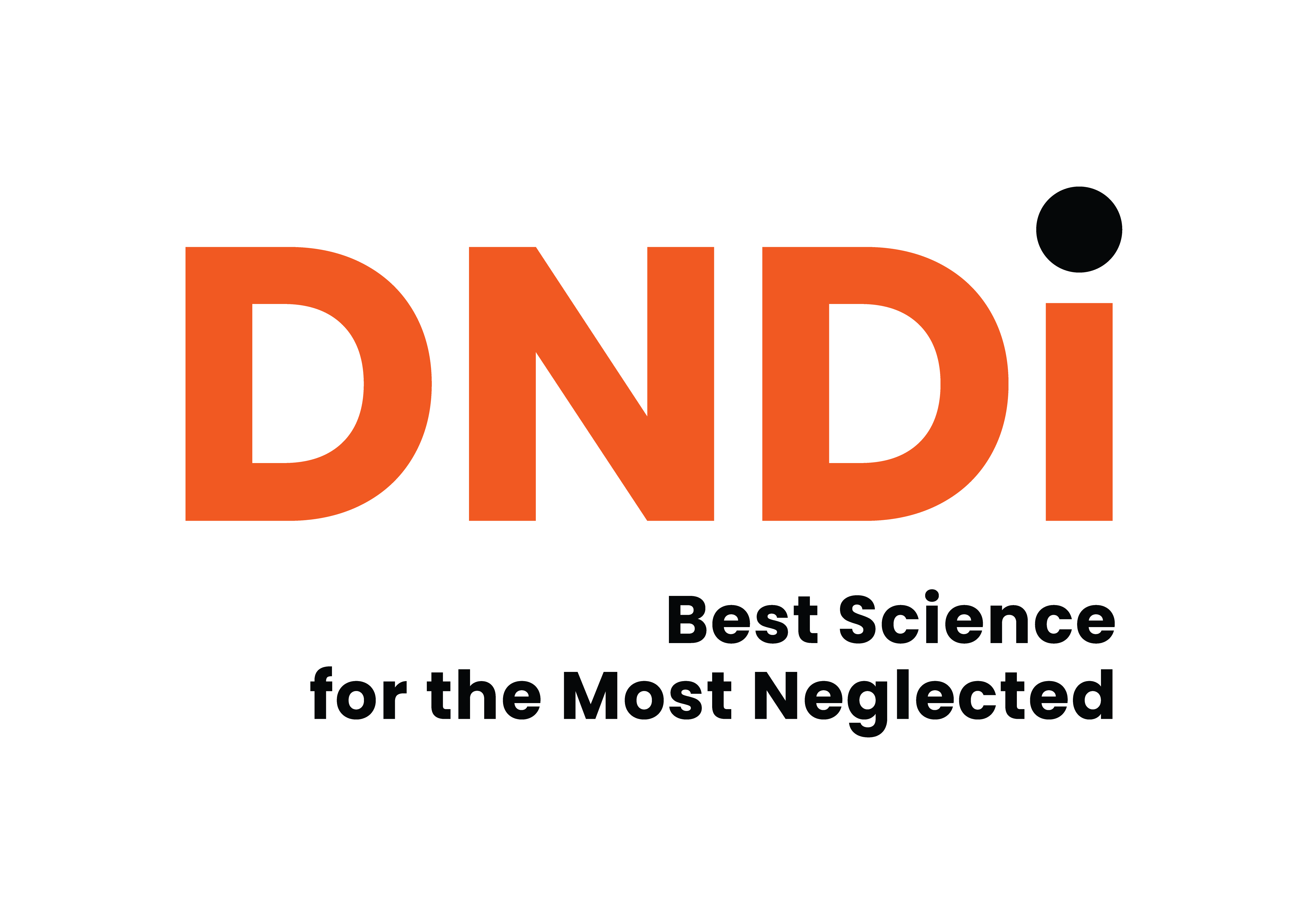

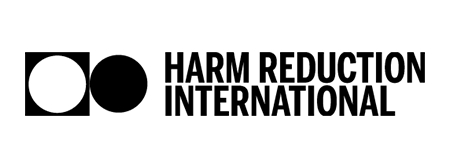
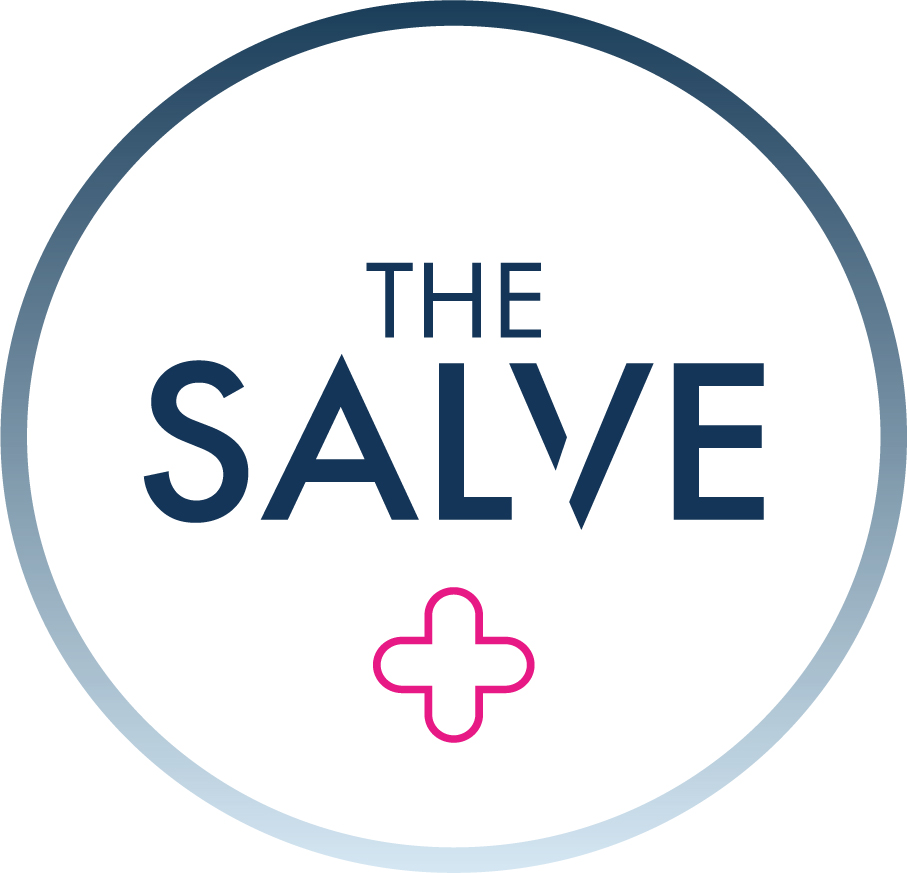
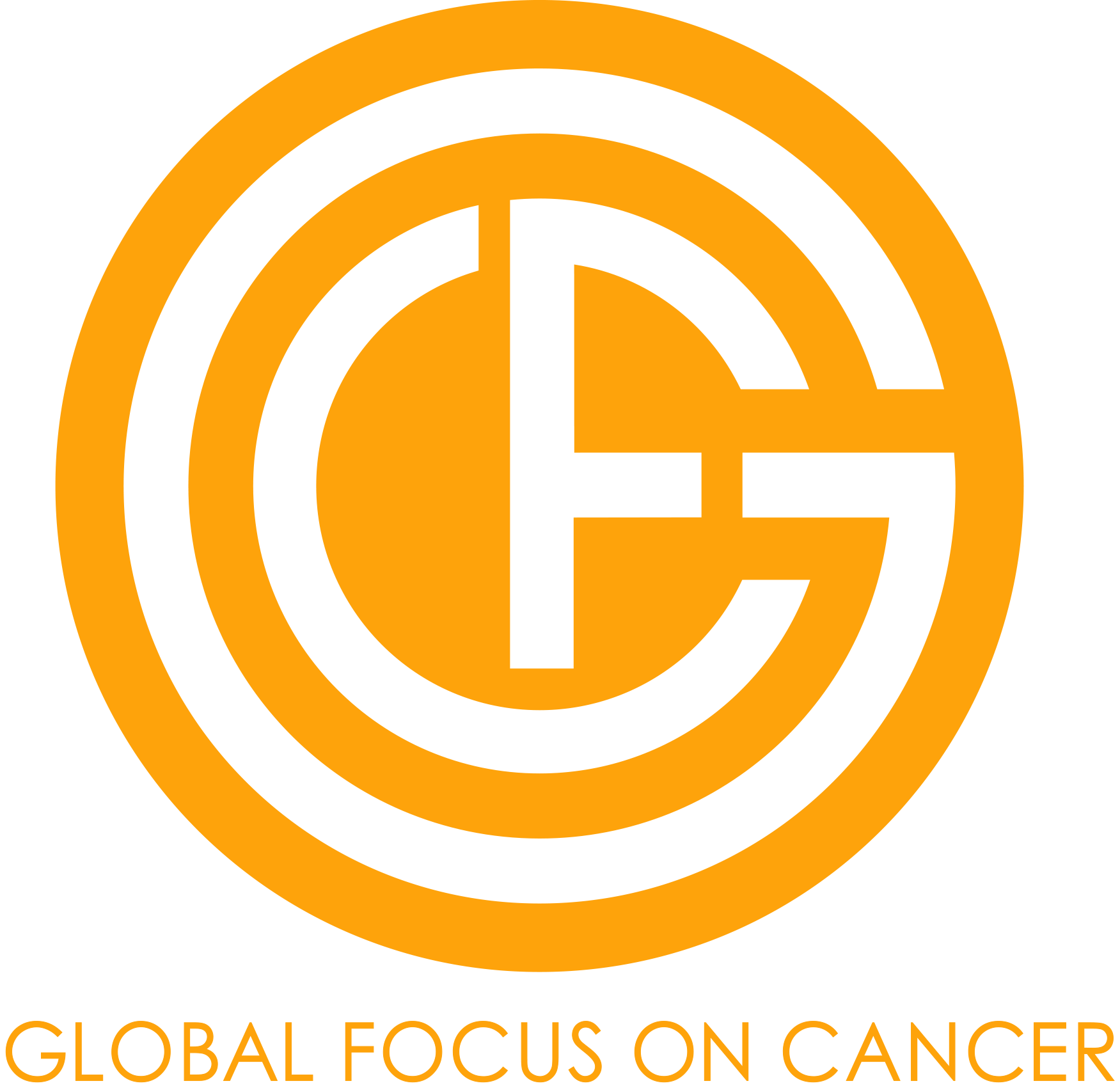


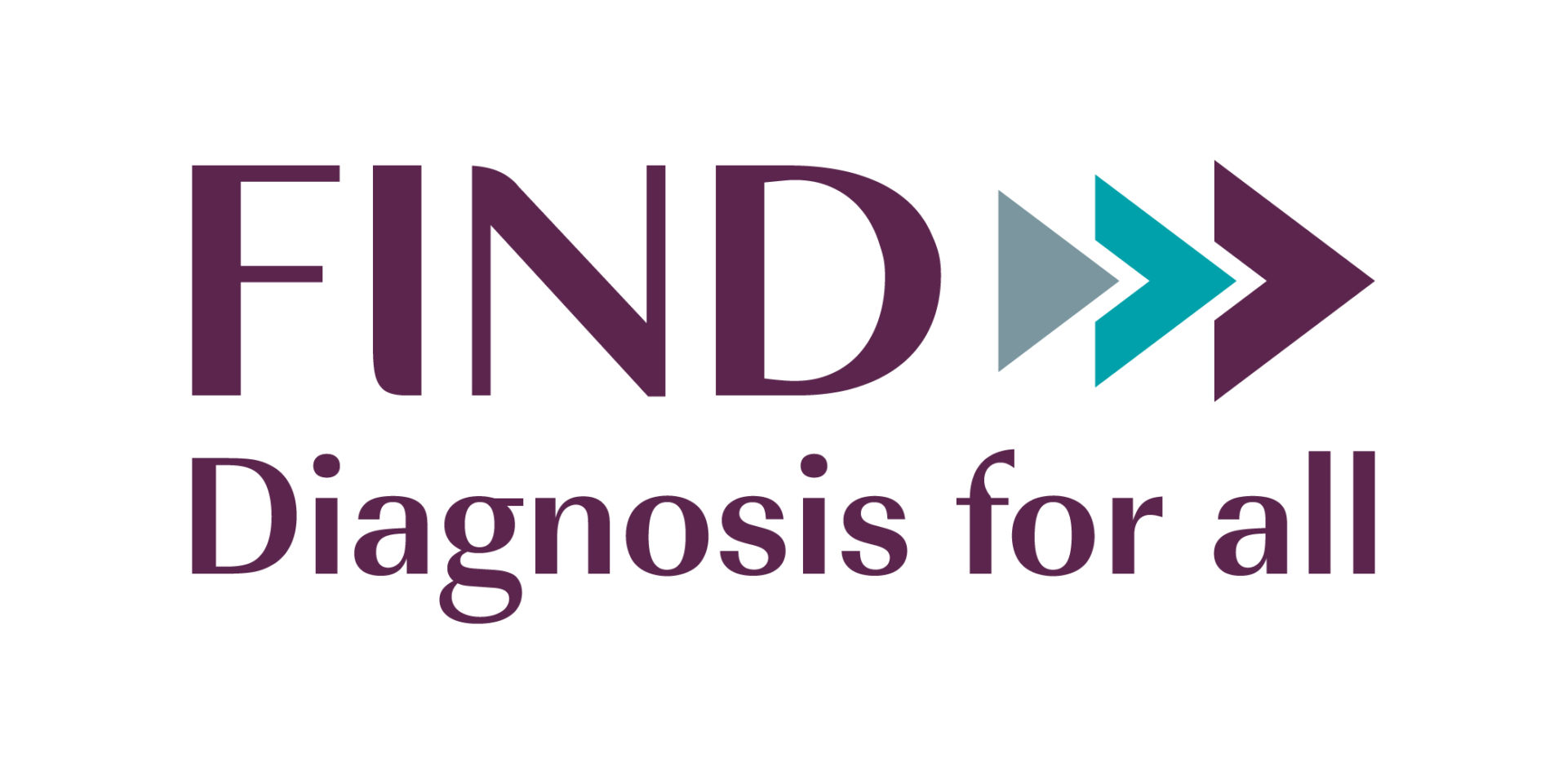
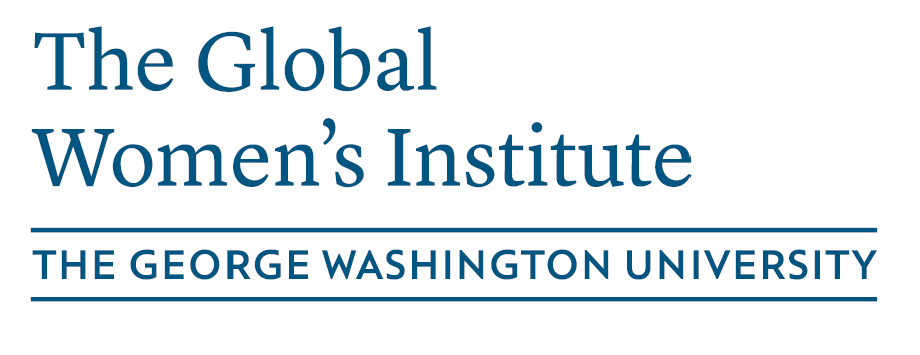

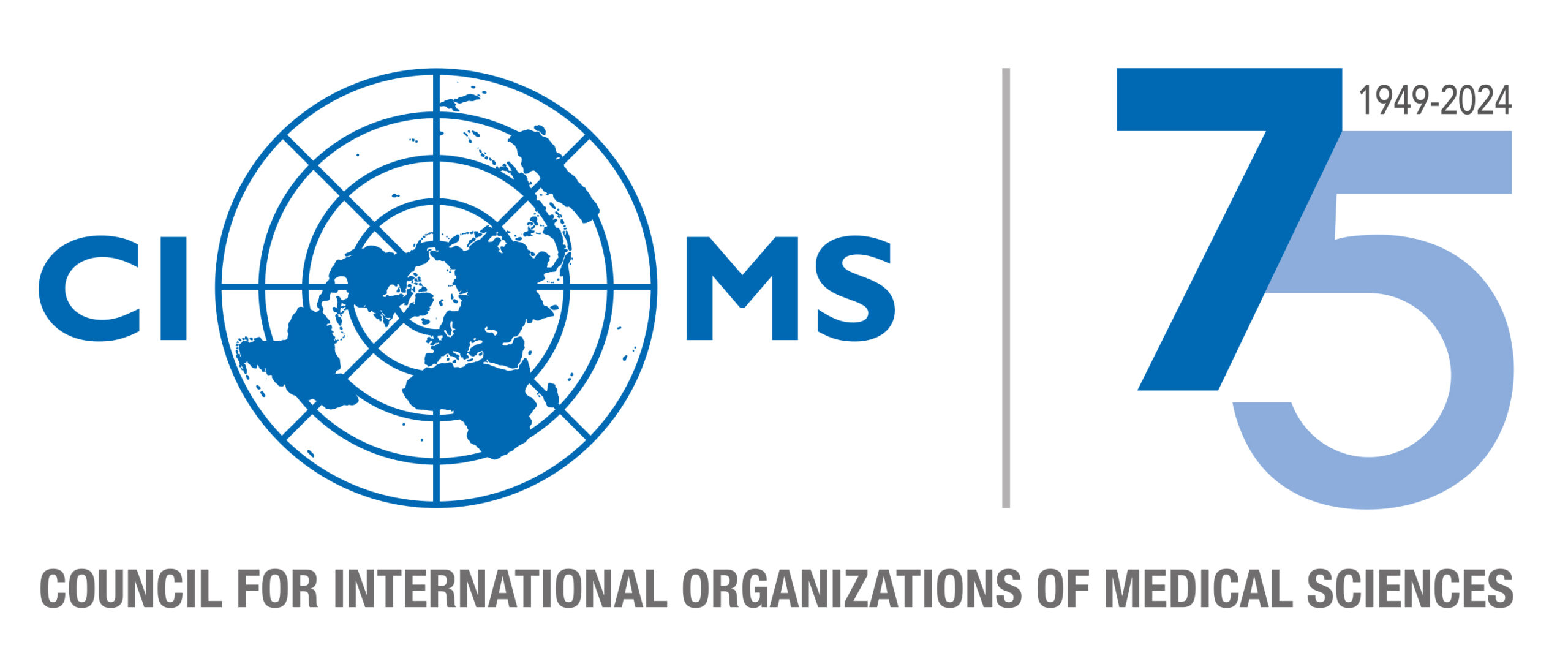

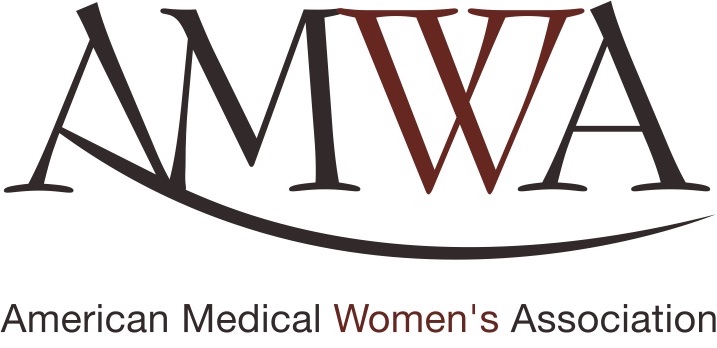


Urgent Plea to Member States: Gender-Responsive Agenda at the 77th World Health Assembly Must be Upheld to Ensure Inclusive Health Policies and Respect for Human Rights
Geneva, 23.05.2024 – The 77th World Health Assembly (WHA), commencing on May 27, 2024, in Geneva, Switzerland, convenes parties against a backdrop of social, economic, technological, and environmental challenges, compounded by conflicts and geopolitical tensions. With the upcoming Assembly on the horizon, it is imperative for governments to adopt evidence-based, inclusive and gender-responsive global health strategies that are attuned to current complexities. Any approach must vigilantly safeguard against exacerbating health inequities and gender inequalities amidst ongoing and emerging global challenges, ensuring no one is left behind with mindful eyes on already underserved populations.
GENDRO leads collaborative efforts to bridge gender related evidence gaps. Its Gender, Evidence, and Health (GEH) Network, established in 2019, convenes more than 150 members from civil society, academia, and research bodies from across the globe, dedicated to advancing sex and gender aspects in heath research, policies, and programming.* GENDRO’s GEH Network advocates for an intersectional gender lens in evidence generation as key to shaping effective, equitable global health responses that benefit everyone.
In anticipation of the 77th WHA, we draw attention to our previous statements, notably Consensus Statement: Building back better: towards a gender-responsive international instrument for pandemic prevention, preparedness, and response and A call for urgent action: A renewed commitment to gender-responsive research for health equity and human rights in the context of COVID-19 pandemic, urging increased awareness, action, and commitment towards dismantling gender biases and stereotypes, patriarchal norms and harmful notions of masculinity. These constraints limit opportunities, undermine human rights for everyone regardless of gender, and lead to preventable suffering, harm, resulting in health inequities.
We call upon Member States to prioritize the recognition and inclusion of sex and gender dimensions in high-level deliberations at the 77th WHA and subsequent efforts to implement resolutions. We recognize the significance of using ‘gender-responsive’ language, which has been agreed by Member States within various frameworks including climate agreements, Universal Health Coverage (UHC), and at the UN General Assembly.12–15 Progress towards health equity and gender equality is fragile, and it’s imperative that we employ language that highlights the necessity of actively working towards eliminating inequalities. We urge Member States to uphold this meaningful language.
We further call upon Member States to ensure that decisions on health policies and programmes are based on gender-responsive and inclusive evidence, and to invest in evidence generation that maintains a systemic focus on sex and gender and their intersection with other dimensions of inequality.
Mounting evidence demonstrates how gender inequality, coupled with a lack of data collection and analysis of sex and gender and their intersection with other forms of inequality, perpetuates health disparities. Women and girls continue to face grave ill health and bear the brunt of the devastation brought by ongoing conflicts in Gaza, Ukraine, Sudan, Afghanistan, the Democratic Republic of Congo, Haiti and beyond. Despite urgent calls for gender-responsive measures, their health needs remain largely unmet.1,2
Climate change further fuels conflicts and forced displacement, multiplying the gender disparities and inequalities. Notably, women and girls are disproportionately impacted by climate change.3 Reports by the United Nations Environment Programme (UNEP), UNDP, UN Women, and WHO, alongside a wealth of academic studies and reports by civil society, highlight the compounding impact of climate crises on gender inequalities, particularly magnifying the impacts on women’s health. Heightened burdens of water scarcity, food insecurity, and exposure to water and vector-borne diseases exacerbate existing gender disparities, while accelerating threats to mental health and increasing risks of gender-based violence (GBV).4–7
Research consistently shows gender differences in mental health risk and outcomes, with women often experiencing higher rates of depression and anxiety, influenced by societal expectations, while men, constrained by rigid masculine norms, may be at greater risk of substance abuse, aggression and acts of violence.8–11
These examples underscore the necessity and urgency of gender-responsive and evidence-based approaches in health research, policies and interventions, emphasizing the critical importance of addressing gender disparities in all aspects of crisis response and mitigation strategies.
Furthermore, Member States should acknowledge that individuals, groups, or communities may face disproportionate risks of ill-health, severe disease, or mortality due to various forms of discrimination, including those based on sex, gender, race, ethnicity or colour, sexual orientation, religion, political or other views, national or social origin, or other status. By attending to these crucial aspects, Member States demonstrate their commitment to realizing health for all and upholding the obligation under international human rights law to respect, protect, and fulfil rights.
In pursuit of this goal, the meaningful participation of diverse voices from civil society in global health governance remains imperative for ensuring that decisions on health policies and responses account for the diverse realities and needs of communities worldwide. Embracing this diversity fosters more inclusive, effective, and equitable decision-making processes in global health governance.
Gendro’s Gender, Evidence, and Health Network reiterates its unwavering commitment to the principle of leaving no one behind. It is crucial that our collective efforts contribute to a world where individuals irrespective of their sex or gender are included, considered, and accounted for in evidence generation, policy formulation, and programme implementation.
*GEH network, convened by Gendro, a non-for-profit, non-governmental association, is a coalition of members from civil society and grassroot organizations, academic institutions and others dedicated to advancing gender equality, health equity, and social justice. We acknowledge the commendable strides made in recognizing the critical importance of integrating sex and gender considerations, along with their intersection with other determinants, into research, policy, and programming. The increased efforts to address persistent historical gender biases signify a positive shift towards more inclusive practices.
If your organization wishes to endorse the statement by lending its logo, please send your logo and confirm your endorsement directly to [email protected]. We greatly appreciate your support in advancing our cause.
Individual Signatories please fill in the form below.
| Name | Affiliation | |
|---|---|---|
| Claudia | Batz | The George Institute for Global Health |
| Léonore | Porchet | Conseillère Nationale, Les VERT-E-S, Parlement Suisse |
| Charles | Johnson | International Physicians for the Prevention of Nuclear War |
| Meg | Davis | University of Warwick |
| Dr Bernadette | Awankem | Pan African Health Systems Network |
| OLUWADAMILOLA | OLAYEMI | MEDIBETH GLOBAL HEALTH CENTRE, NIGERIA. |
| Patrick A. | Taran | President, Global Migration Policy Associates (International expert group based in Geneva) |
| Malayah | Harper | SheDecides |
| Rina | Newton | Code Clarity |
*Disclaimer: The individual signatories are endorsing the principles presented in this Statement in their individual capacity and unless their organisations have endorsed the statement and lent their logo, these individuals do not necessarily represent the views, decisions, or policies of their respective organization.
References
1 Women and newborns bearing the brunt of the conflict in Gaza, UN agencies warn. https://www.who.int/news/item/03-11-2023-women-and-newborns-bearing-the-brunt-of-the-conflict-in-gaza-un-agencies-warn (accessed April 29, 2024).
2 Gender alert: Scarcity and fear: A gender analysis of the impact of the war in Gaza on vital services essential to women’s and girls’ health, safety, and dignity – Water, sanitation, and hygiene (WASH). UN Women – Headquarters. 2023; published online Oct 19. https://www.unwomen.org/en/digital-library/publications/2024/04/gender-alert-gender-analysis-of-the-impact-of-the-war-in-gaza-on-vital-services-essential-to-womens-and-girls-health-safety-and-dignity (accessed April 29, 2024).
3 80% of the people displaced by climate change are female. We must legislate to protect their health. World Economic Forum. 2024; published online Jan 16. https://www.weforum.org/agenda/2024/01/women-health-climate-change/ (accessed April 29, 2024).
4 Synergies in Jointly Addressing Climate Change, Health Equity and Gender Equality. UNDP. https://www.undp.org/publications/dfs-synergies-jointly-addressing-climate-change-health-equity-and-gender-equality (accessed April 29, 2024).
5 Programme UNE. Women at the frontline of climate change: gender risks and hopes. UNEP, 2011 https://wedocs.unep.org/xmlui/handle/20.500.11822/7985 (accessed April 29, 2024).
6 Women and Climate Change: Impact and Agency in Human Rights, Security, and Economic Development. Georgetown Institute for Women, Peace and Security, 2015 https://www.climateinvestmentfunds.org/sites/cif_enc/files/knowledge-documents/georgetown_women_and_climate_change_2015.pdf.
7 van Daalen KR, Dada S, Issa R, et al. A Scoping Review to Assess Sexual and Reproductive Health Outcomes, Challenges and Recommendations in the Context of Climate Migration. Front Glob Womens Health 2021; 2: 757153.
8 Riecher-Rössler A. Sex and gender differences in mental disorders. The Lancet Psychiatry 2017; 4: 8–9.
9 Rice S, Oliffe J, Seidler Z, et al. Gender norms and the mental health of boys and young men. The Lancet Public Health 2021; 6: e541–2.
10 Gender diferences in mental disorders begin early in life | European Institute for Gender Equality. 2024; published online April 15. https://eige.europa.eu/publications-resources/toolkits-guides/gender-equality-index-2021-report/gender-differences-mental-disorders-begin-early-life?language_content_entity=en (accessed April 29, 2024).
11 Hermaszewska S, Sweeney A, Camminga B, Botelle R, Elliott K, Sin J. Lived experiences of transgender forced migrants and their mental health outcomes: systematic review and meta-ethnography. BJPsych Open 2022; 8: e91.
12 Political declaration of the high-level meeting on universal health coverage (A/RES/78/4). United Nation, 2023 https://documents.un.org/doc/undoc/gen/n23/306/84/pdf/n2330684.pdf?token=5KfC3D9RX9zsfI58bt&fe=true (accessed April 29, 2024).
13 Paris Agreement. United Nations https://unfccc.int/sites/default/files/english_paris_agreement.pdf (accessed April 29, 2024).
14 The Enhanced Lima Work Programme on Gender Decision 3CP25.pdf. United Nations, 2020 https://wrd.unwomen.org/sites/default/files/2021-11/The%20Enhanced%20Lima%20Work%20Programme%20on%20Gender%20Decision%203CP25.pdf (accessed April 29, 2024).
15 Coverage UGA (74th sess : 2019-2020) H-LPM on UH, Sess.: 2019-2020) UGA (74th. Political Declaration of the High-Level Plenary Meeting on Universal Health Coverage (A/RES/74/2 ). United Nations, 2019 https://digitallibrary.un.org/record/3833350 (accessed April 29, 2024).